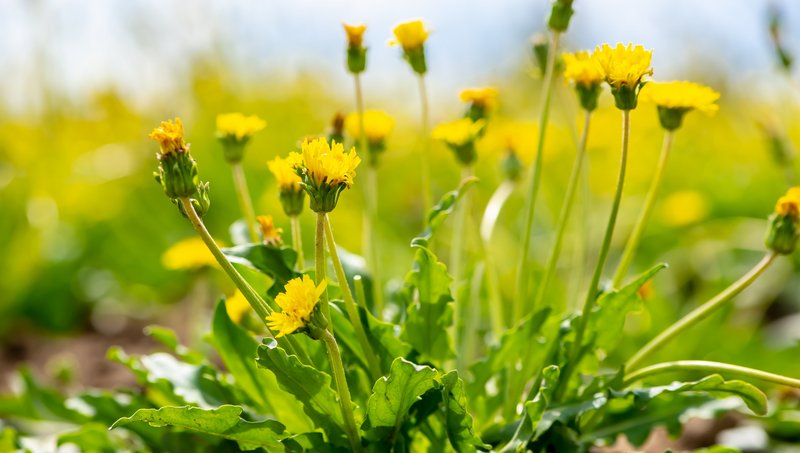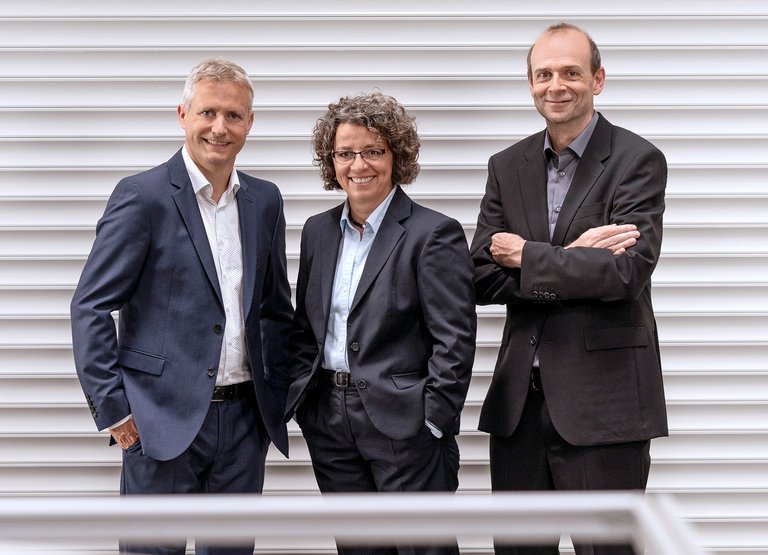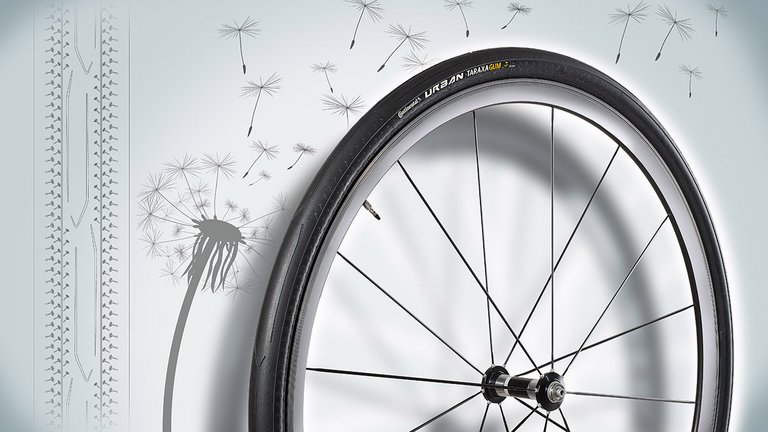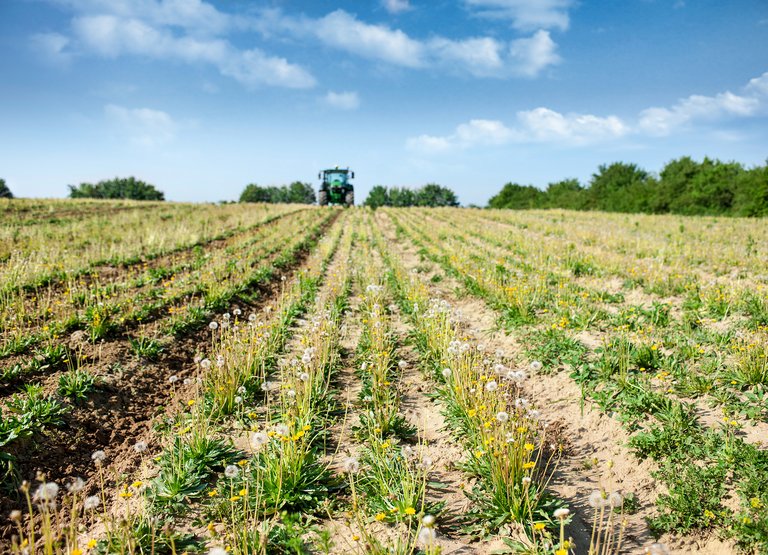Team of Continental, Fraunhofer IME and the University of Münster Nominated for Federal President's Award
- “Sustainable tires from dandelions – innovations from biology, technology and agriculture” joint research project shows that a new, alternative raw material supply is possible
- Every year, the Federal President's Award, awarded by the German President, honors outstanding technical, engineering or scientific innovations
Hanover, Münster (Germany) September 15, 2021. Dr. Carla Recker (Continental), Prof. Dr. Dirk Prüfer (University of Münster) and Dr. Christian Schulze Gronover (Fraunhofer Institute for Molecular Biology and Applied Ecology IME) have been nominated for the Federal President's Award for Technology and Innovation 2021 (“Deutscher Zukunftspreis 2021”) with their joint project “Sustainable tires from dandelions – innovations from biology, technology and agriculture”. The German Federal President’s Office announced this today at the Deutsches Museum in Munich. Every year, the Federal President presents the Federal President's Award to individuals or teams for outstanding technical, engineering, or scientific innovation.
“This award is a great honor for us. It once again confirms the potential of a new raw material source for natural rubber. Together with our project network, we have been able to significantly advance research into the entire value chain of the Russian dandelion,” explains Dr. Carla Recker, Head of the Expertfield Materials Chemistry at Continental Tires. “The industrialization of the cultivation of dandelion rubber is the goal of our long-term project, where the key to success is mutual trust and perseverance,” she adds. “Our first, series-produced bicycle tire made from dandelion rubber, the Urban Taraxagum, shows that marketable products made of natural rubber from the dandelion plant are possible.”
Since 2011, the project team has been working together on extracting natural rubber regionally from dandelions instead importing it exclusively from far-away tropical regions – a crucial advantage of this project for Dr. Dirk Prüfer, Professor of Plant Biotechnology at the University of Münster. “The protection of our tropical forest is a top priority in the fight against climate change. For this reason, the natural rubber processing industry also needs to rethink. Our approach to sustainably gaining natural rubber from dandelions can counteract many socio-economic and ecological challenges in these regions,” the Münster scientist emphasizes. The extraction of natural rubber from dandelions allows raw materials to be produced close to Continental’s tire mills. This also makes it possible to reduce carbon dioxide (CO2) emissions caused by long transport routes.”
The path to establishing the Russian dandelion to become a cultivatable raw material source posed a major challenge for the researchers. “Through consistent, knowledge-based action and with modern analytics, we have worked with a plant breeder to establish high-yielding and hardy plants from wild Russian dandelion. We have also developed an environmentally friendly process for extracting rubber from the roots of the plants,” explains Dr. Christian Schulze Gronover, Head of Research at the Fraunhofer Institute for Molecular Biology and Applied Ecology IME, Münster. "The whole of society is already benefiting from these innovations, for example farmers, logisticians, machine builders and, naturally, cyclists."
The extended network, which contributes significantly to the implementation of the project, also includes among others the Julius Kühn Institute and the plant breeding company ESKUSA.
Background: Russian dandelion
The Russian dandelion is a variety from the dandelion genus (Taraxacum). It originates primarily from Kazakhstan and is particularly suitable for the extraction of natural rubber. Russian dandelion contains more rubber than other dandelion species, but the amount in the wild plant is still not sufficient for industrial production. Moreover, wild plants do not provide stable yields. The development of so-called DNA markers is important for breeding. Such markers are spots naturally present in the genetic material. They can be detected in the laboratory and appear in combination with the section of the genome that generates a specific desired property of the plant. One example is a higher rubber content. Thanks to the markers, the researchers can examine the plant seedlings to determine whether they have the desired properties and estimate whether it is worth continuing to breed with these plants.
The Federal President's Award for Technology and Innovation
The Federal President's Award has been awarded annually since 1997 and is one of the most important innovation awards in Germany. It honors outstanding technical, engineering and scientific achievements that lead to products that are ready for use. After intensive review, the major German scientific and business associations propose innovative developments for the award. Subsequently, the top-class jury of the Federal President's Award selects three teams of researchers and their innovation from a large number of projects every year in a multi-stage process, tothe final round of the award, the “Circle of the Best.” In addition to the innovative performance, the jury also assesses the economic and social potential of the development. Federal President Frank-Walter Steinmeier will be presenting the Federal President's Award in Berlin on November 17, 2021. More information: https://www.deutscher-zukunftspreis.de/en

Silke Bernhardt
Head of Communications & Public Affairs
Continental Tires



